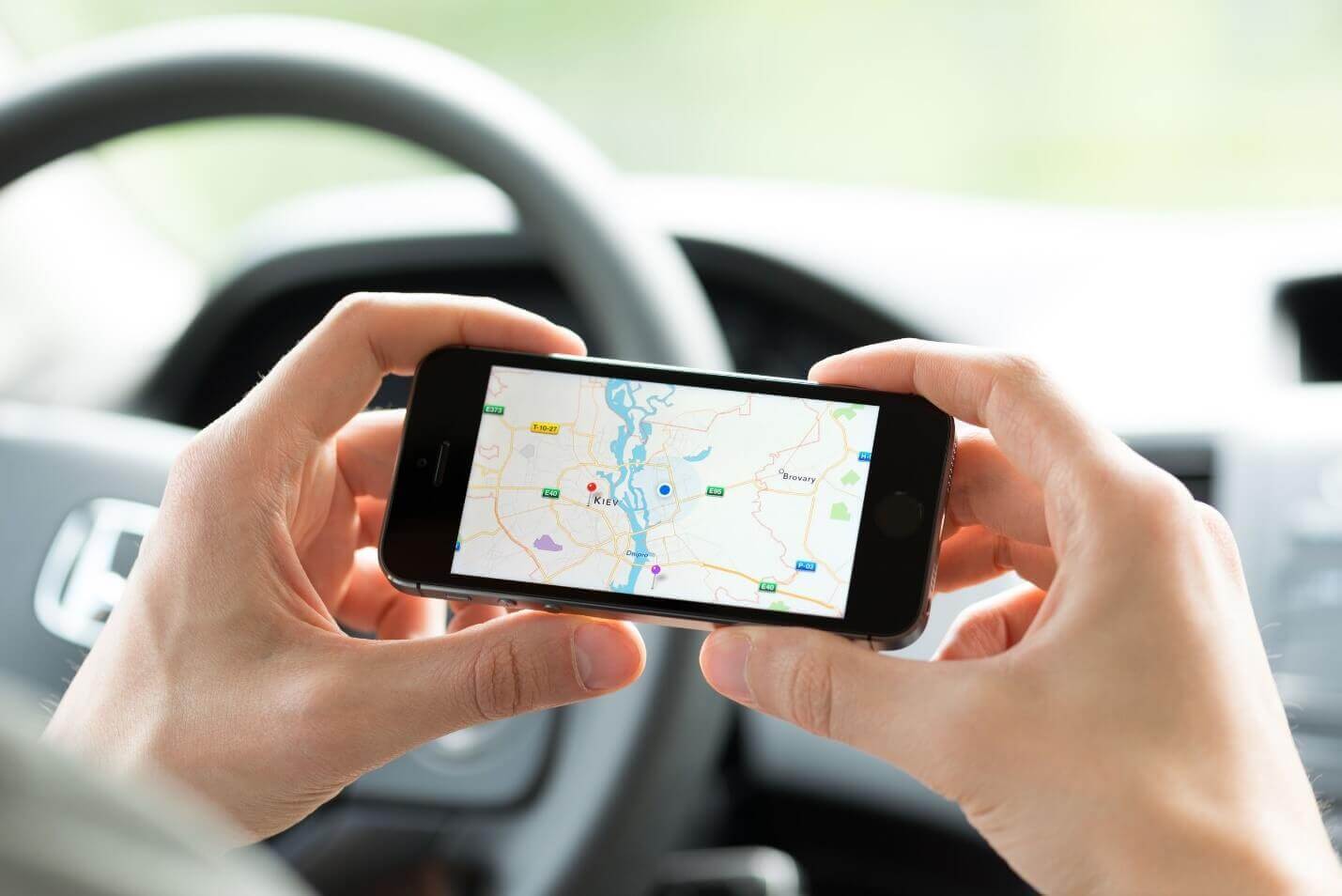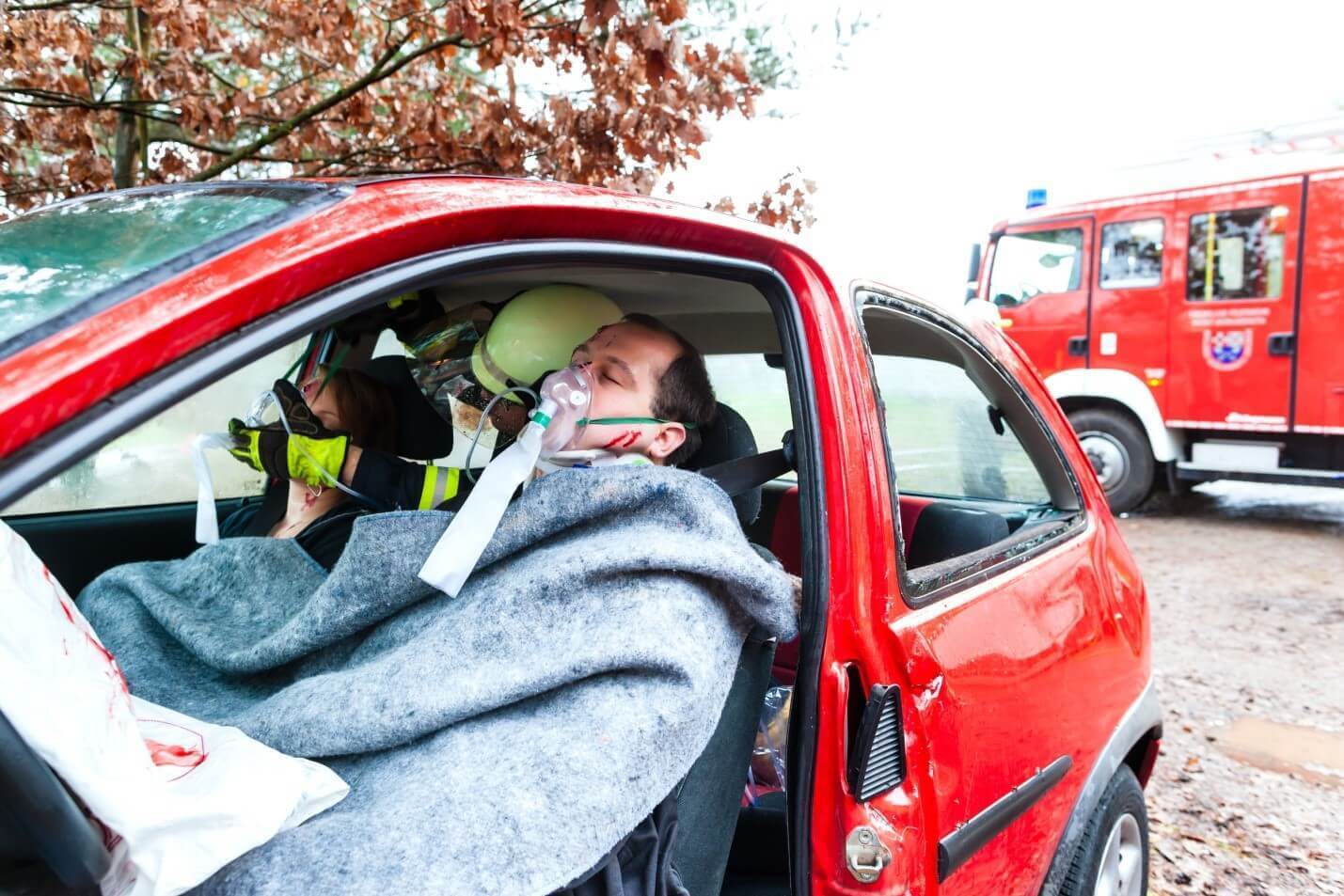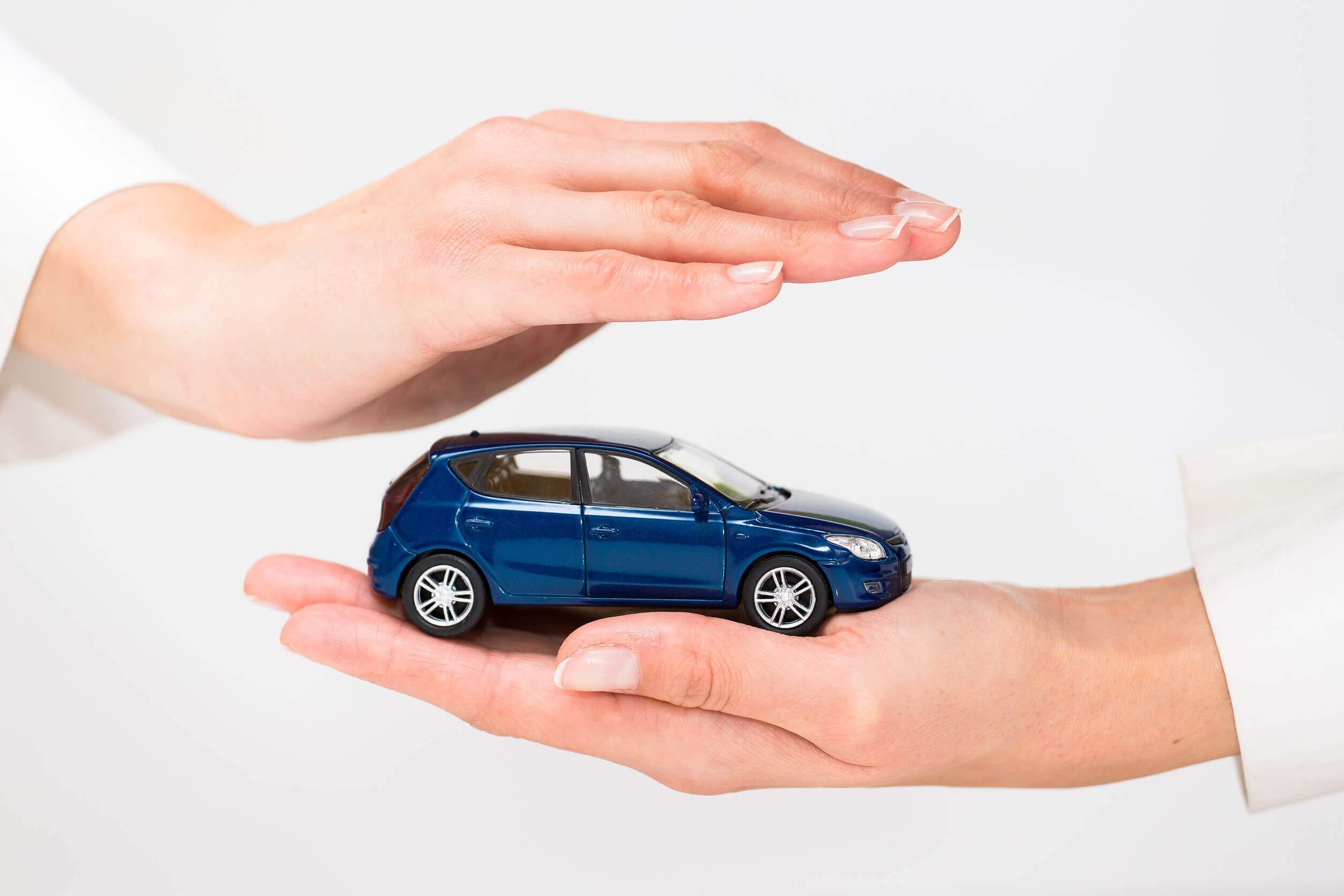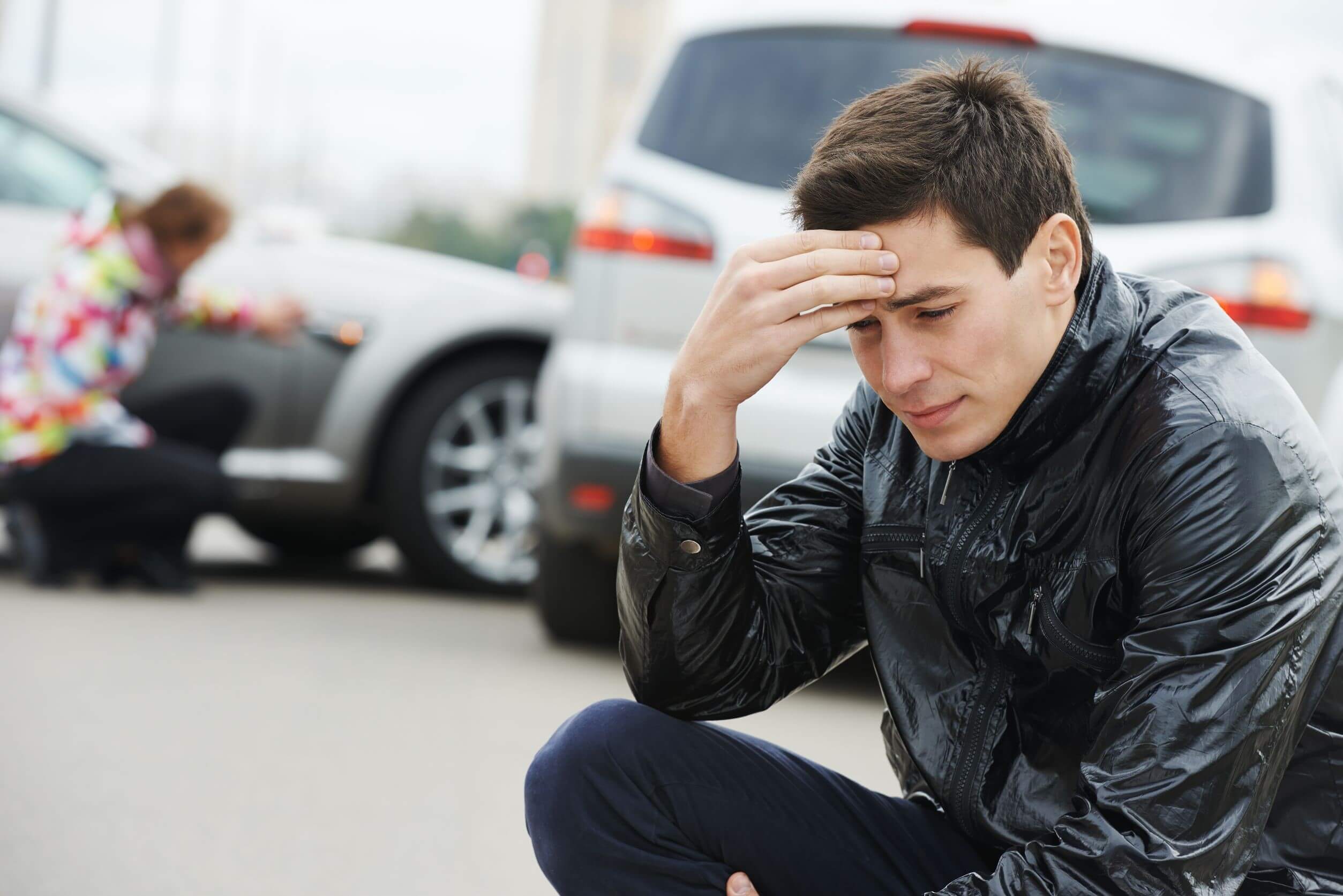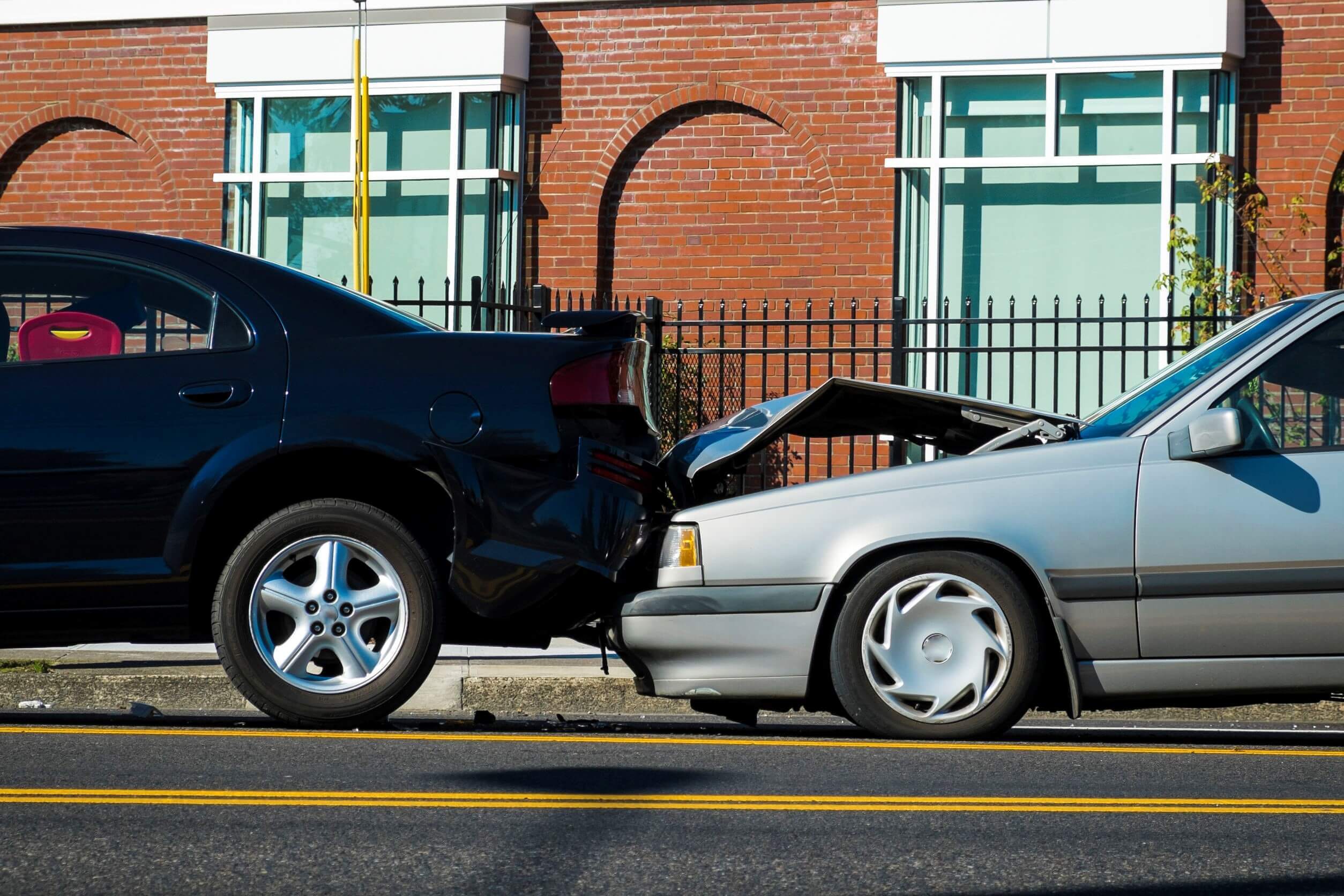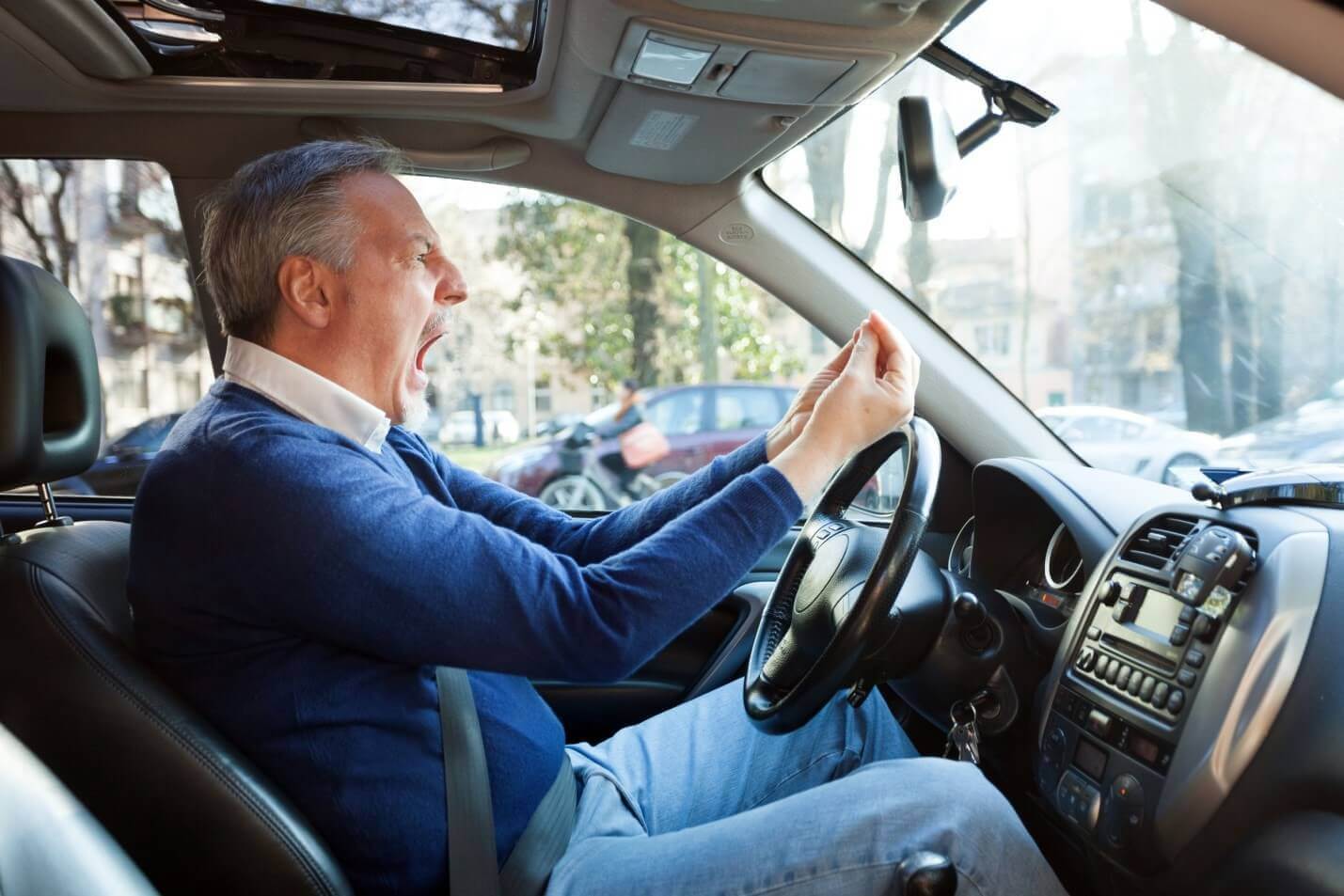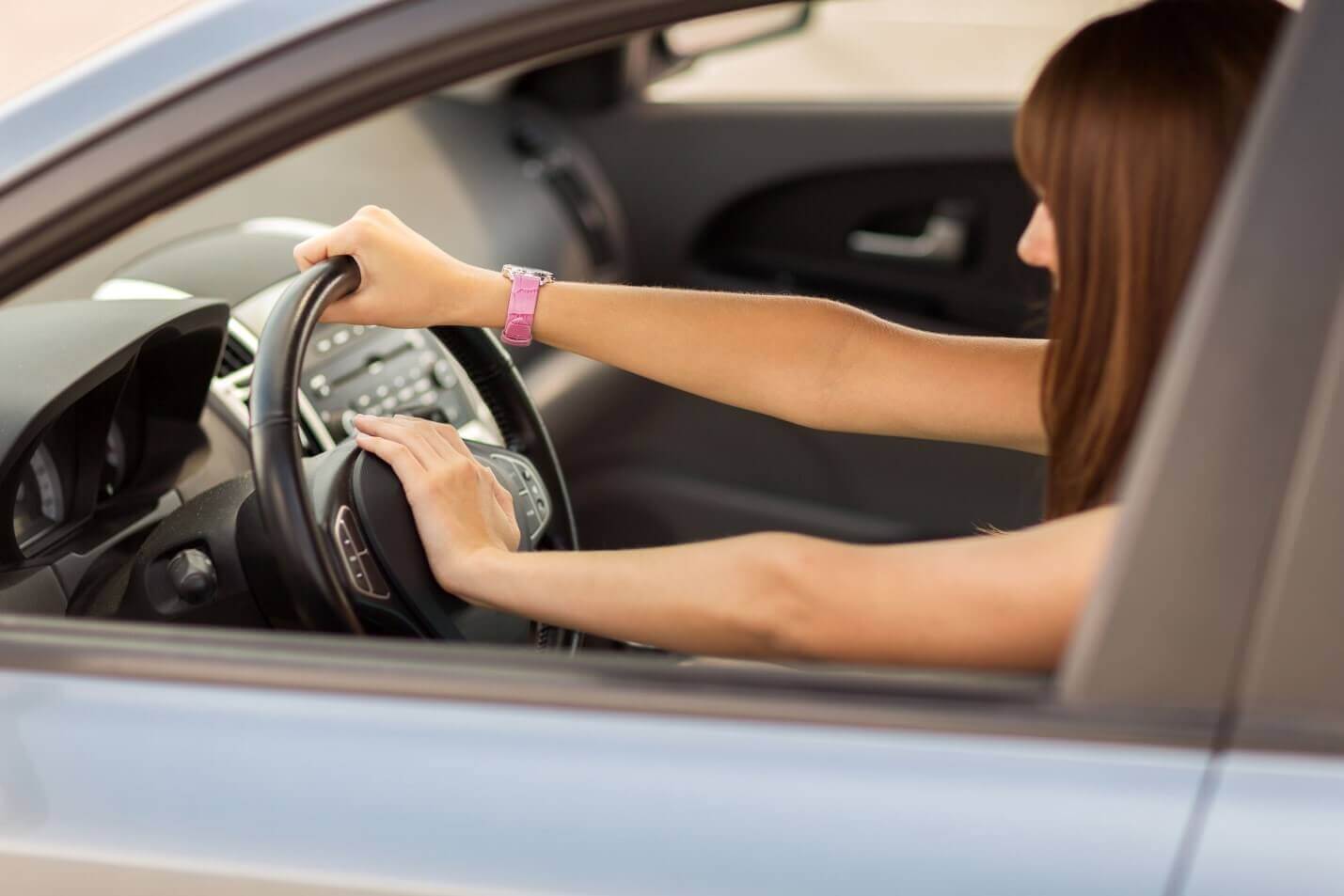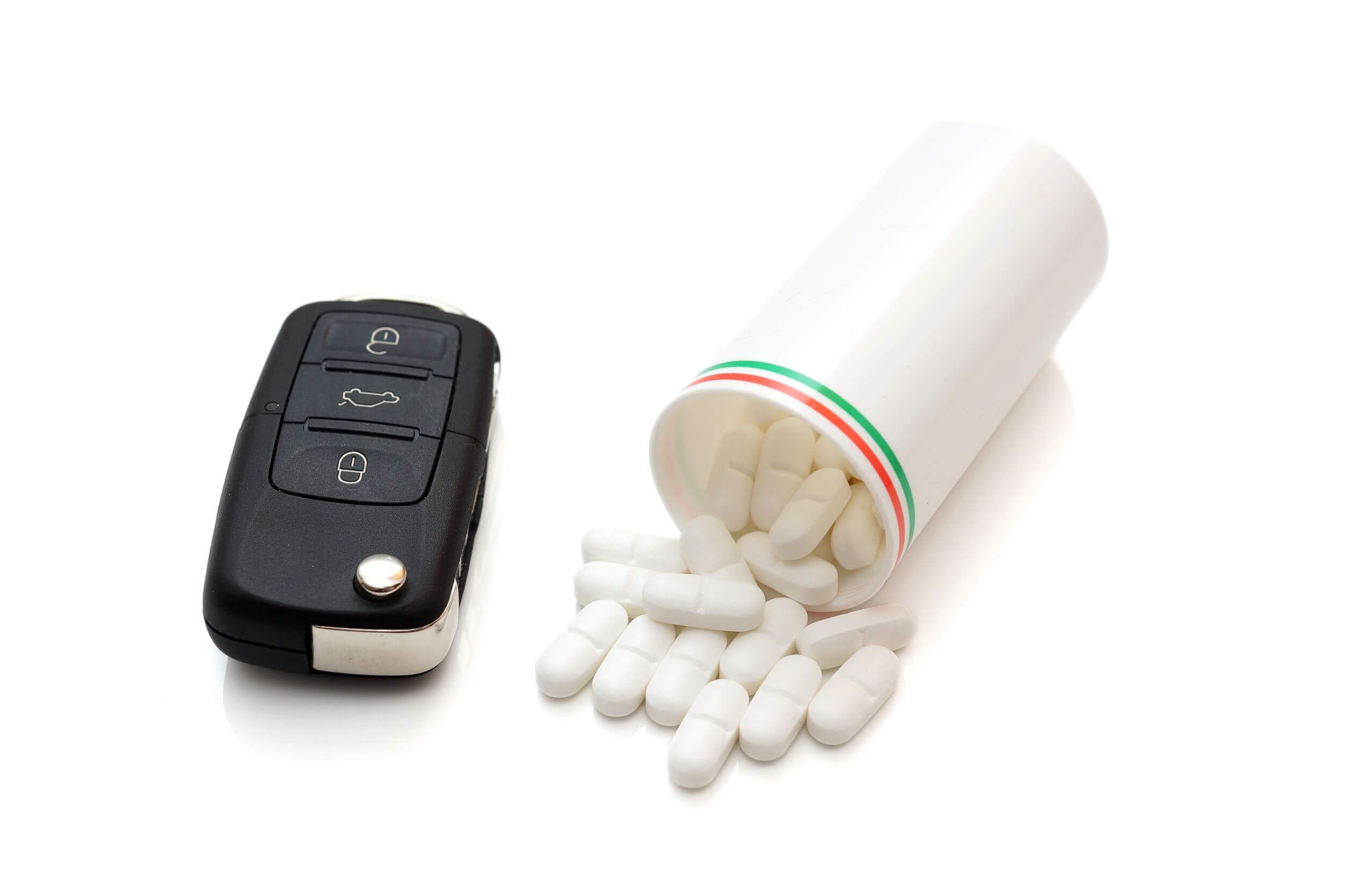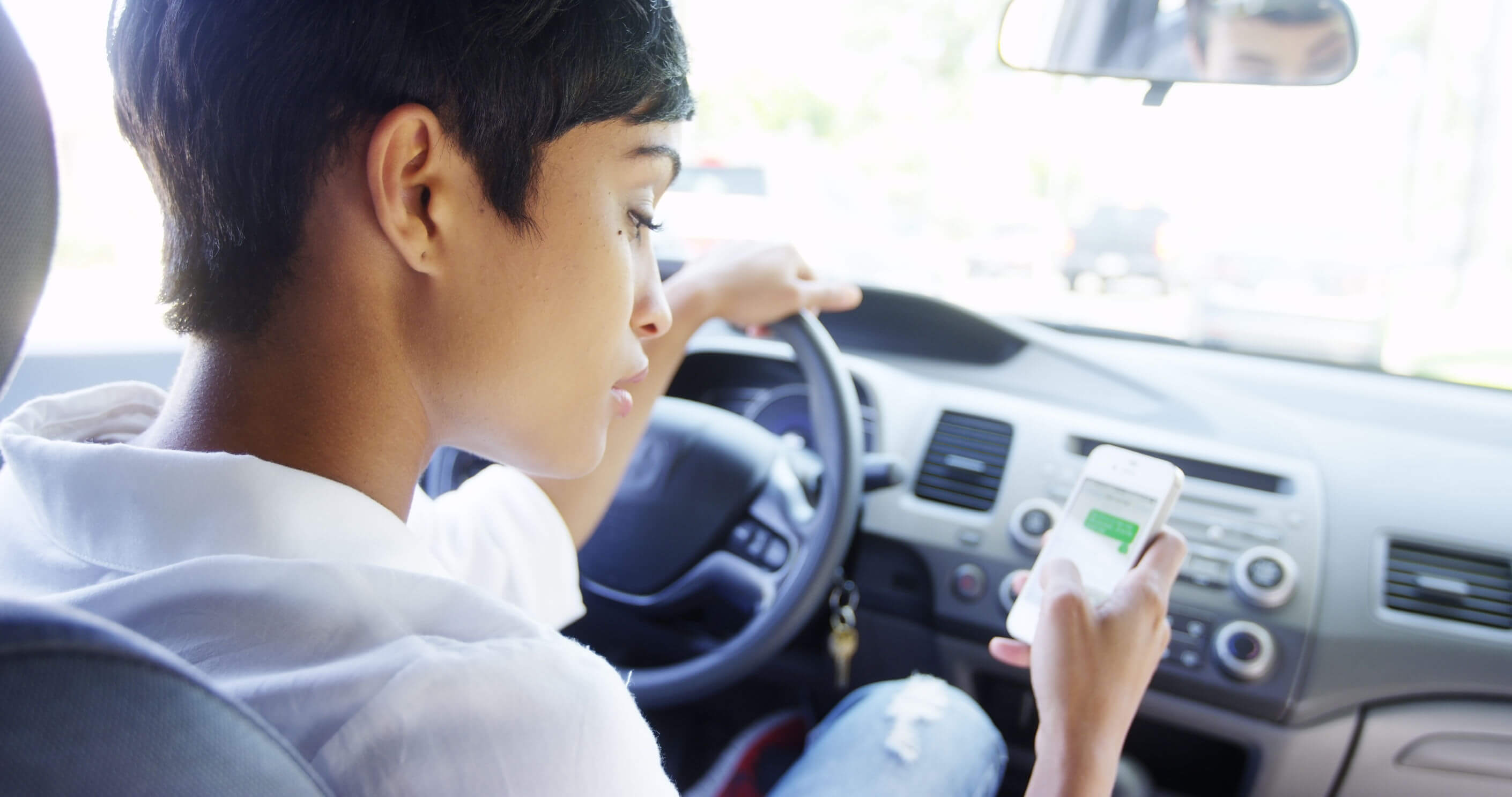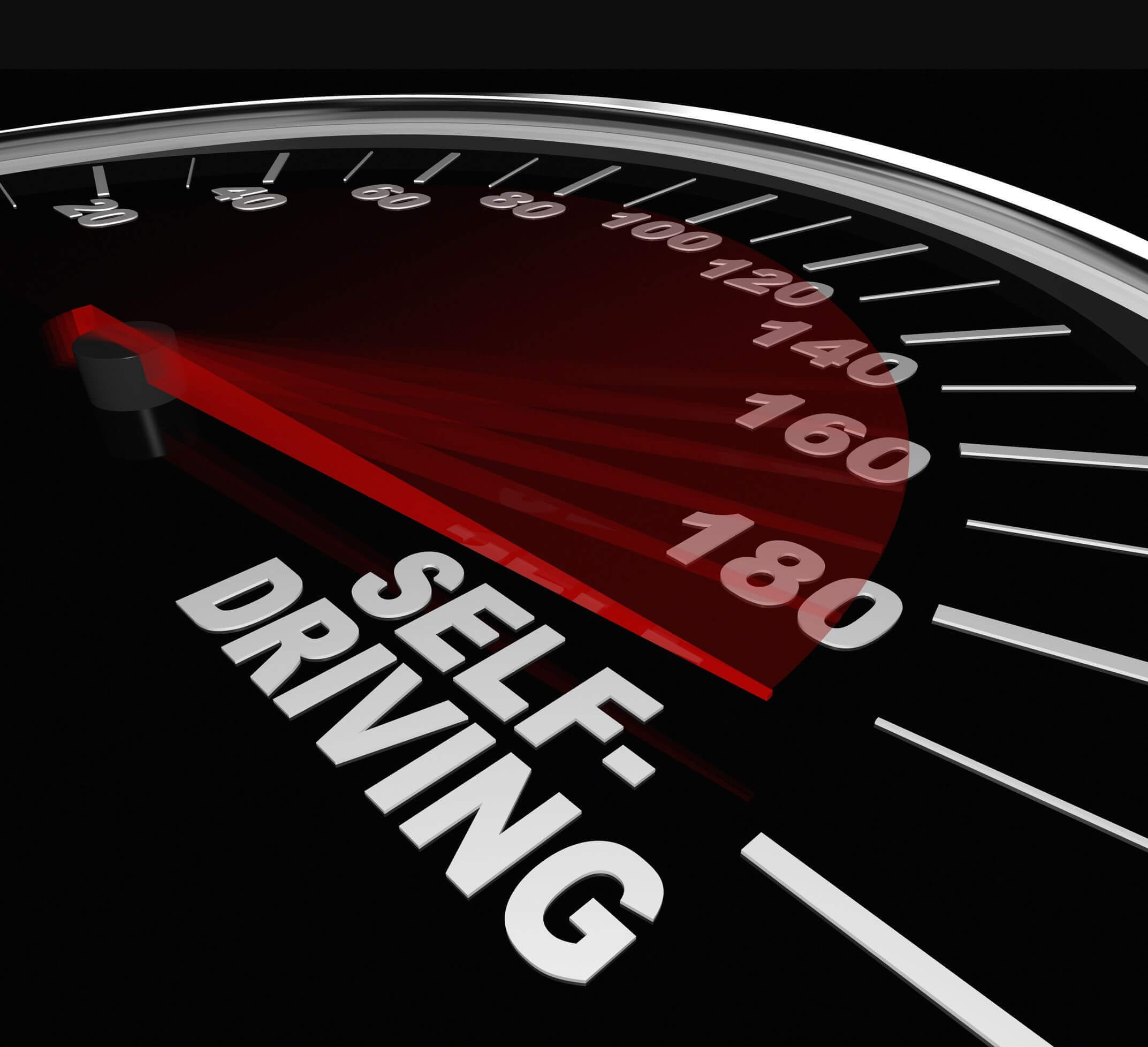Drunk driving. Dangerous road design. Inclement weather.
These are some of the common causes of auto accidents on Florida roadways. But of all of the hazards that threaten Florida roadways, distracted driving has proven to be the most dangerous.
According to some studies, drivers who are talking on their phones while driving show greater signs of impairment than drunk drivers. Research has also shown that the accident rate for drivers who are using their cellphone is higher than for drivers who have a blood alcohol content of .08 percent.
Distracted driving accidents have risen 25 percent in the last three years, with thousands of texting-while-driving accidents alone occurring annually. As distracted driving accidents in Florida continue to skyrocket, lawmakers are stepping in.
In 2013, state officials voted to make texting while driving a secondary non-criminal traffic offense. However, this law on its own has proven to be ineffective, since it only covers the act of texting and not looking at the screen or having a conversation on the phone. It is also a difficult rule to enforce, since in order to be pulled over legally, drivers must have already violated some other traffic law.
That’s why the Florida Department of Transportation has taken an additional step to combat distracted driving in our state. Earlier this month, the FDOT launched a campaign to establish 64 “Safe Phone Zones” in rest areas, welcome centers, and turnpike service plazas across the state. You can view a map of current Safe Phone Zone locations here. Campaigns like these are not uncommon, and have been met with varying levels of success, but this one is interesting for a number of reasons.
Large blue highway signs have been placed along Florida roads, leading drivers to these Safe Phone Zones. Within Safe Phone facilities, signs remind drivers to take the chance to use their phones in a safe location. As the FDOT Assistant Secretary for Engineering and Operations explained in a press release, “By calling our rest areas, welcome centers, and service plazas ‘Safe Phone Zones’, we are saying they are much more than just rest stops—they are safe stops.”
The Limitations of Safe Phone Zones
The launch of Safe Phone Zones across our state will hopefully encourage drivers to pull over to a safe location before answering a text or making a call on their phones. However, while phones may represent one of the deadliest driving distractions, they are hardly the only ones.
One glaring issue with Safe Phone Zones is they fail to address major driving distractions beyond cell phone usage, including:
Smoking activities. Smoking, lighting a cigarette, and ashing a cigarette can all serve as both cognitive and physical distractions when driving, yet thousands of Florida drivers smoke while driving on a daily basis.
Adjusting music and climate control systems. In the seconds it takes to adjust music or climate control systems, motor vehicles can travel a great distance, and drivers can end up making a deadly error.
Eating and drinking. While fast food restaurants and American culture alike may encourage eating and drinking in our cars, drivers who use their vehicle as a dining room can cause serious, often fatal accidents.
Passengers. According to some studies, as much as five percent of distracted driving fatalities involve a driver who was talking to or looking at another passenger.
Outside objects. Sights, sounds, and activities going on outside of our cars can be distracting too. Seven percent of distracted driving accidents occurred when drivers were looking at on outside object, such as a billboard or post-wreck cleanup.
Being lost in thought. More than half of all fatal distracted driving accidents are attributed to being “lost in thought” or thinking of things other than the driving task at hand, making it one of the most dangerous types of distracted driving behaviors.
In order to put a stop to distracted driving in our community, it’s important to recognize and address all types of distracted driving behaviors. While setting up Safe Phone Zones to discourage cell phone usage when driving is a powerful first step, it is only the beginning of our state’s journey to distracted driving-free roadways.
As a driver, you can help reduce distracted driving accidents by remaining aware of your own driving behaviors. Anything that takes your full attention from driving—whether it be texting, singing along to the radio, or sipping a smoothie—could lead to an accident, and should be postponed until your vehicle has come to a full stop.
And if you have been a victim of a distracted driving accident, you can raise awareness of our state’s serious distracted driving problem by holding the driver accountable in an auto accident claim. Talk to a knowledgeable auto accident attorney to learn how you can take a stand against distracted driving in Florida, while seeking compensation for medical bills, lost wages, and other costs related to recovery.








